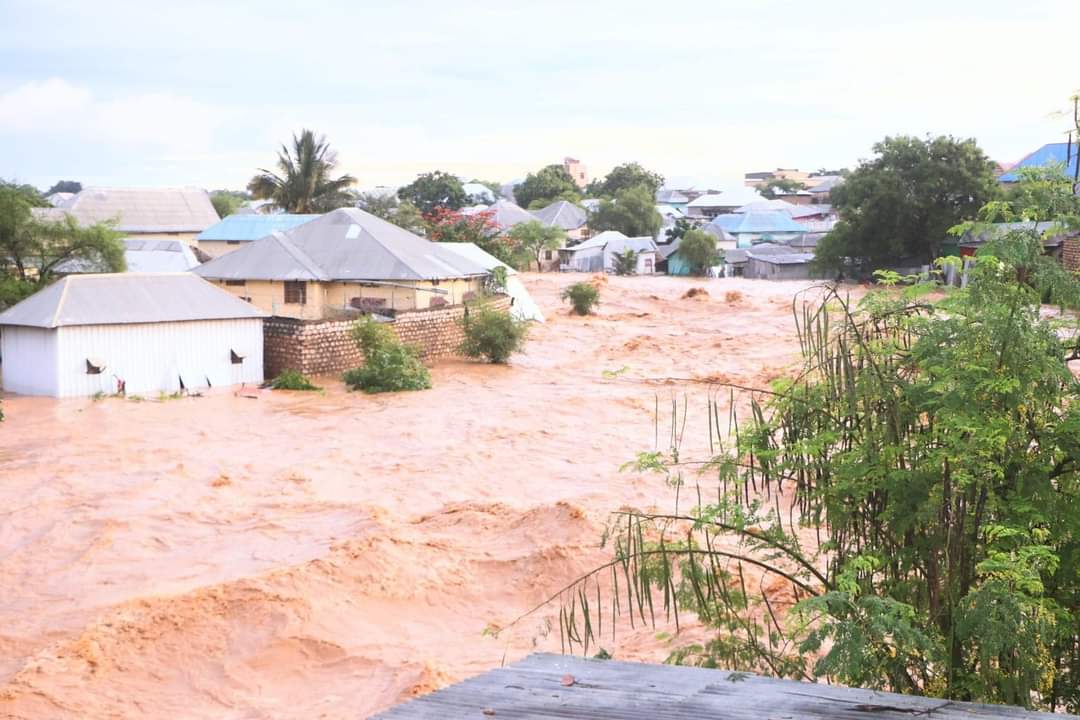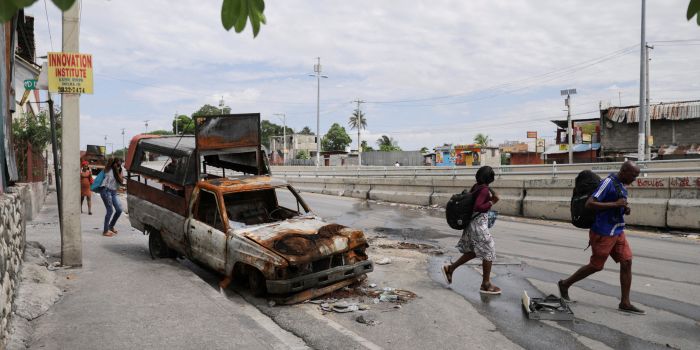El Nino not to blame for deadly East Africa floods, scientists say

By Bashir Mohammed |
Instead, they pointed to climate change as a key driver of the intense rainfall, making the event twice as likely and five per cent more intense.
A team of scientists has concluded that the El Nino weather pattern did not influence the devastating floods that hit East Africa earlier this year, killing over 500 people and displacing hundreds of thousands.
The World Weather Attribution (WWA) group, a network of experts investigating the link between climate change and extreme weather events, published their findings on Friday.
Keep reading
"We did not find any evidence that El Nino or the Indian Ocean Dipole had any influence on this year's extreme rainfall," said the researchers.
Instead, they pointed to climate change as a key driver of the intense rainfall, making the event twice as likely and five per cent more intense.
The floods, which occurred during the March to May monsoon season, were most severe in the regions around Lake Tanganyika, Lake Victoria, and the central Highlands, including Nairobi. The scientists analysed weather data and climate models to compare rainfall patterns between the pre-industrial era and now, taking into account a large mathematical uncertainty.
"The extreme rainfall that led to destructive floods in Kenya, Tanzania, and other parts of East Africa is becoming more intense, with climate change as one of the drivers," said the researchers. They warned that heavy rainfall would continue to increase in the region.
The study also highlighted the impact of rapid urbanisation on amplifying flood risks, particularly in informal areas lacking adequate structural protections and resources for recovery and rebuilding.
The scientists urged governments in the region to improve infrastructure and protect ecosystems to save lives and help citizens cope with the heightened risk of climate disasters, particularly in densely populated urban areas.
East Africa and the Horn of Africa are among the regions most vulnerable to climate change, despite contributing only a fraction of global carbon emissions.
Last year, over 300 people died in rain and floods in Ethiopia, Kenya, and Somalia, just as the region was recovering from its worst drought in four decades. A WWA study on last year's floods called for the urgent phasing out of fossil fuels and global emissions reduction.
"The best estimate is that climate change made the event twice as likely and five per cent more intense," said the researchers, emphasising the need for urgent action to mitigate climate change's effects.



















